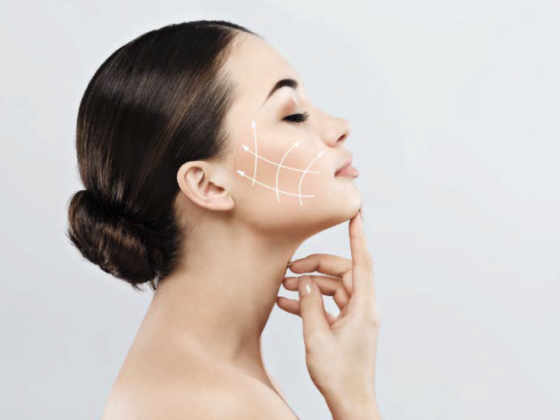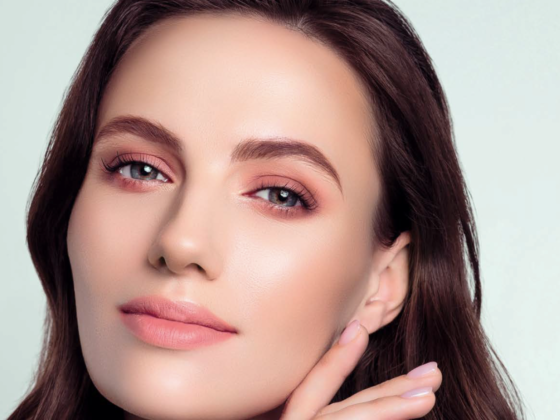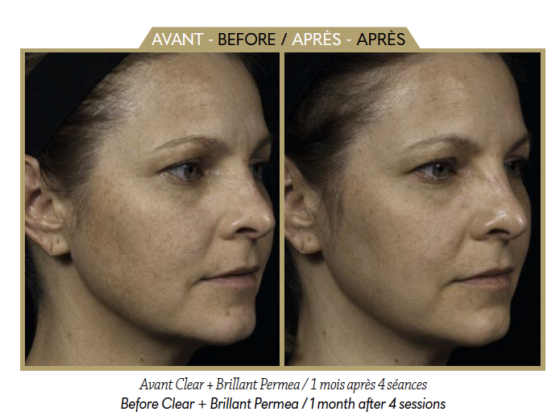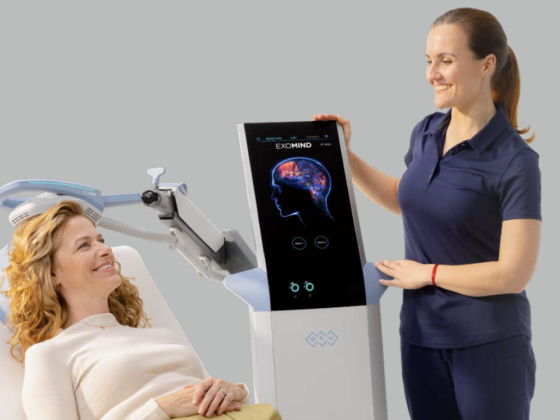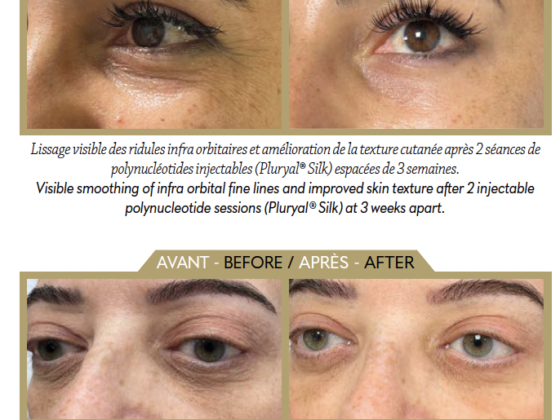By Doctor Jean-François Bézot
Recently coined as “inflammaging” in the US, this slow degenerative process is the result of chronic and systemic low-grade inflammation. How can we find out which organs are the most afflicted, to the point of triggering an illness? Targeted examinations can provide answers both for the clinician and the patient.

From low-grade to chronic, the path of inflammation
Silent and insidious, inflammation is self-sustaining and slowly develops over the years. Then, suddenly, it reaches crisis point, becoming chronic and punctuated with acute attacks. Regardless of the type of illness or the organ affected, the first thing we need to address is the intestine (our second brain, which produces 80% of our serotonin), where the microbiota lives. Scientists claim that the microbiota is an organ in itself, since the intestinal flora regulates our immune, endocrine and digestive systems. Weighing between 1 and 5kg and housing colonies of more than 100,000 billion bacteria from more than 400 different species, the microbiota’s health can be affected by stress, lifestyle and diet. As we age, this is where degenerative diseases develop, with one of the earliest signs being “Leaky Gut Syndrome”. This is often associated with chronic fatigue and stomach ache, back ache, joint pain and even depression: all age-related complaints. Why? As the intestinal walls become more permeable, bacterial debris leaks out, which destabilises the endocrine and immune systems, and gradually makes the body less able to defend itself. If this is not detected at an early stage, illnesses such as Type 2 diabetes, Alzheimer’s, depression and heart disease can develop.
The biological markers to measure
Though we cannot avoid getting older, we can avoid age-related illnesses. If you are feeling more tired than usual, go and see an anti-aging doctor, who will prescribe specific blood tests to measure the markers of inflammation (homocysteine, fatty acid status, high sensitivity C-reactive protein), as well as a dietary profile. They may also request a stool sample to analyse your microbiota and identify the different micro-organisms present, such as moulds, yeasts, parasites and pathogenic bacteria, as well as checking for inflammation and assessing your immunity and the hostility of the transient flora.
Putting out the fire and rebalancing the body
A doctor should be able to get you back on track over a period of 4 to 8 months, thanks to treatments and dietary advice. First of all, they need address any dysbiosis (microbial imbalance in the bacterial ecosystem), detoxify the body and prescribe a phytotherapy supplement. A suitable diet combined with nutritional supplements will restore the intestinal flora and the immune system. For at least 12 weeks, you should avoid pro-inflammatory foods, such as gluten, dairy products and refined sugars. Take prebiotics combined with probiotics and, if required, vitamin A & D and zinc supplements for the immune system. You also need to eat a protein-rich diet that is low in fat, with plenty of fruit and vegetables. It is worth noting that, in France, the average fibre intake is 10g/day but the recommended daily intake is 25g/day.
Because biological changes precede the emergence of clinical symptoms, we are able to pre-empt organic lesions by treating the body’s functions. This therapeutic approach, known as P4© Medicine (personalised, predictive, preventative and participative), enables the patient to take a proactive role in their health and well-being.
Doctor Jean-François Bézot 
Medical biologist. Doctor of Pharmacy, Paris School of Pharmacy. Former house pharmacist in the Paris Hospitals. Has specialised in anti-aging biology and functional proteomics since 1988. Vice-president of the French Society for Anti-Aging Medicine. International conference speaker.





